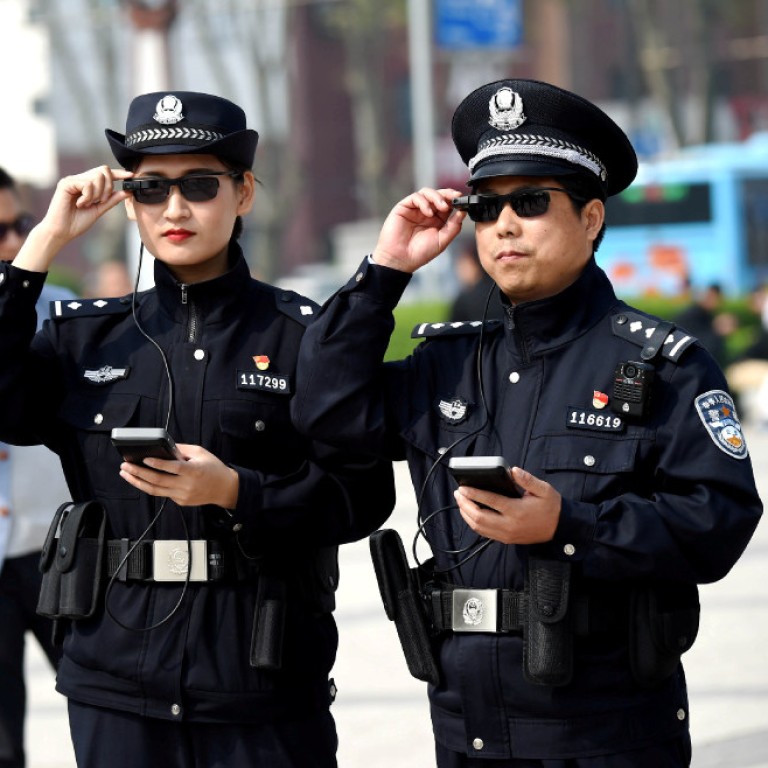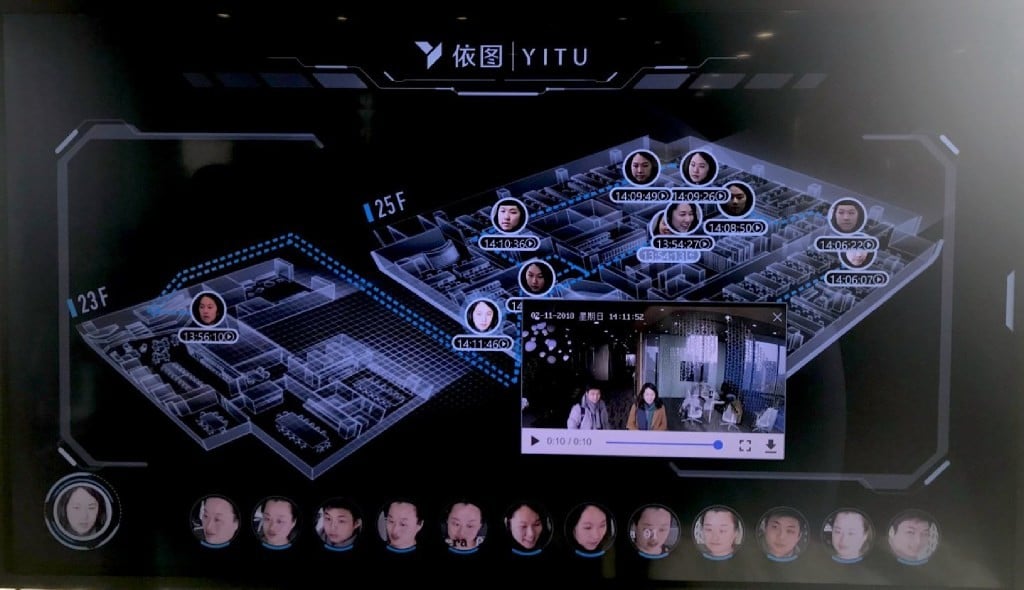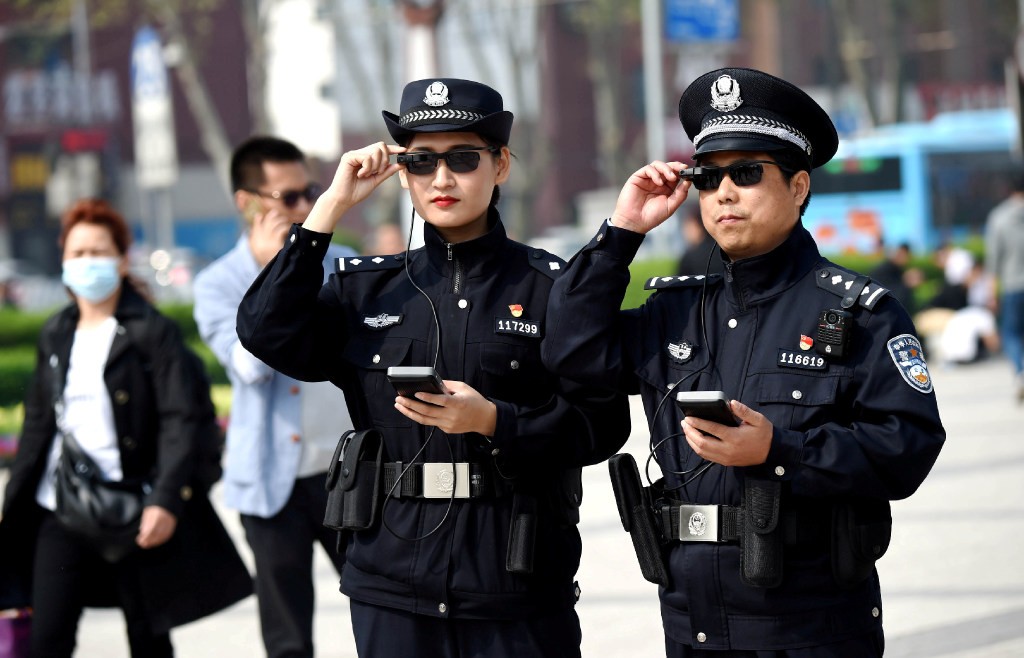
How China uses digital surveillance to track citizens on the road and beyond
Government deploys facial recognition and social credit system to control 1.4 billion people
China may be adding a powerful tracking tool to its massive surveillance network.
It could be another part of China’s growing efforts to constantly track the movements of its nearly 1.4 billion citizens, and create detailed profiles of each and every one of them. The stated goal is to improve public security -- but critics worry it could come at the cost of personal privacy and freedom of expression.

Facial recognition

Social credit
The ambitious facial recognition projects don’t cover the entire scope of China’s latest surveillance efforts. Another major component is a social credit system that aims to rate each citizen according to their actions.
Drawing data from government agencies, court verdicts and even mobile payment firms -- the scheme assigns each person an individual score. If you failed to repay debts or have smoked on a train, those actions could land you on a blacklist that’s posted on a public website.
The Chinese government said up to April, more than 10 million people had been named and shamed for ignoring court orders, prompting about a quarter of them to change course.
The world’s most valuable AI startup helps China spy on its citizens
China’s leaders say the whole idea is to encourage the building of “trust” -- and raise the stakes for breaking it. The social credit system is currently being tested within cities, with a nationwide system expected to be in place by 2020.
As the Chinese government rapidly expands its surveillance network, some citizens wonder what more the future may hold beyond all-seeing cameras and online blacklists.
High school uses facial recognition cameras to see if students are dozing off
For more insights into China tech, sign up for our tech newsletters, subscribe to our Inside China Tech podcast, and download the comprehensive 2019 China Internet Report. Also roam China Tech City, an award-winning interactive digital map at our sister site Abacus.
For more insights into China tech, sign up for our tech newsletters, subscribe to our Inside China Tech podcast, and download the comprehensive 2019 China Internet Report. Also roam China Tech City, an award-winning interactive digital map at our sister site Abacus.

